<!– 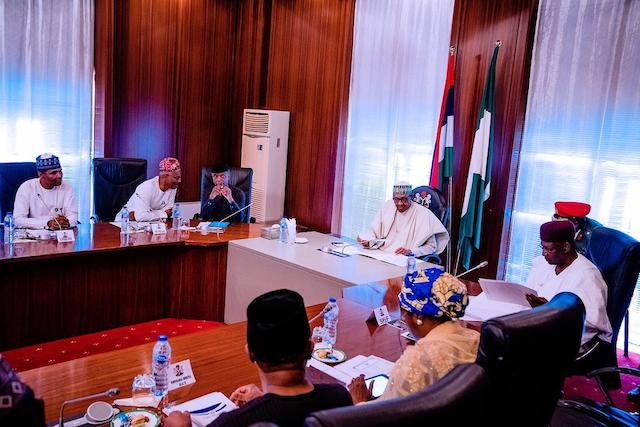 Buhari, centre, with Presidential Economic Advisory Committee –>
Buhari, centre, with Presidential Economic Advisory Committee –>

Buhari, centre, with Presidential Economic Advisory Committee
The Presidential Economic Advisory Committee(PEAC) painted sobering scenarios of what could happen to the Nigerian economy, if the COVID-19 pandemic lasted for too long.
Professor Doyin Salami, leading other PEAC members told President Muhammadu Buhari to expect slower growth, as the supply and demand sides of global economy would be affected.
Salami said the coronavirus pandemic would also cause further drop in oil prices, and lockdowns gaining grounds around the world.
There would also be oil glut, trade imbalance, drop in foreign reserves, and rise in unemployment.
Salami also told Buhari that the pandemic would also create uncertainties, which would erode confidence, governments acting unilaterally instead of cooperatively,
Noting that many countries round the world may go into economic recession, the PEAC advocated hard work for Nigeria to keep its head above the waters.
The PEAC recommended among others a revision of the 2020 Budget, with priority spending on healthcare, re-prioritization of expenditure on infrastructure to focus on projects nearing completion with pro-poor effects, curtailing recurrent expenditure, mobilizing the private sector to strengthen health sector infrastructure, and boosting of government revenue.
The PEAC stressed that the projections may seem dire, but the worst may be avoided with hard work and scrupulous implementation of policies.
In his response, Buhari said his government anticipated the economic problems that may come in the wake of the COVID-19 pandemic, and will explore all alternatives to protect Nigerians.
With oil prices oscillating between 29 and 30 dollars in recent times, as opposed to the 57 dollars benchmark for year 2020 Budget, Buhari said many variables, including production cost and political impact, determine oil prices, “and we will see how to survive fallen prices, as we already envisaged the problem.”
He explained that protecting the people from vagaries of international economic fortunes, and associated fallen prices of oil, is a priority of government, “and we will do our best to do so.”
Stressing the importance of education and healthcare, the President submitted that if people were adequately educated, “they won’t accept any form of mismanagement by leadership, nor would they allow themselves to be manipulated by those promoting ethnic and religious sentiments.”
He promised that inputs in agriculture, education and healthcare would continue as much as practicable.
<!–
(adsbygoogle = window.adsbygoogle || []).push({});
–>
You may be interested

Neymar Should Have Won Five Ballon d’Or Awards —Buffon
Webby - November 19, 2024Legendary Italian goalkeeper Gianluigi Buffon has said Brazilian star Neymar should have won at least five Ballon d’Or awards.In an…

NPFL: Finidi Satisfied With Rivers United’s Draw Vs Remo Stars
Webby - November 18, 2024Rivers United head coach, Finidi George has expressed satisfaction with his team’s performance in Sunday’s Nigeria Premier Football League (NPFL)…

Van Nistelrooy Applies For Vacant Coventry Coaching Job
Webby - November 16, 2024According to talkSPORT, (Yahoo! Sport) Van Nistelrooy has already applied for the vacant manager role at Championship side Coventry City.This…


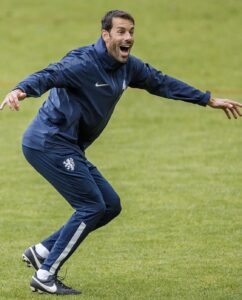





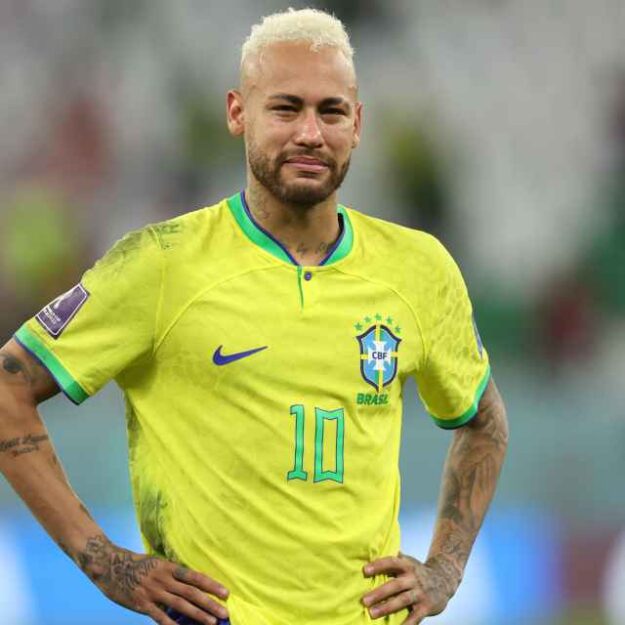
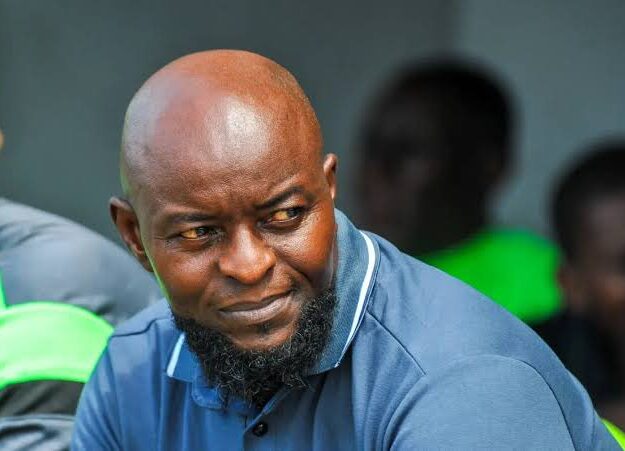
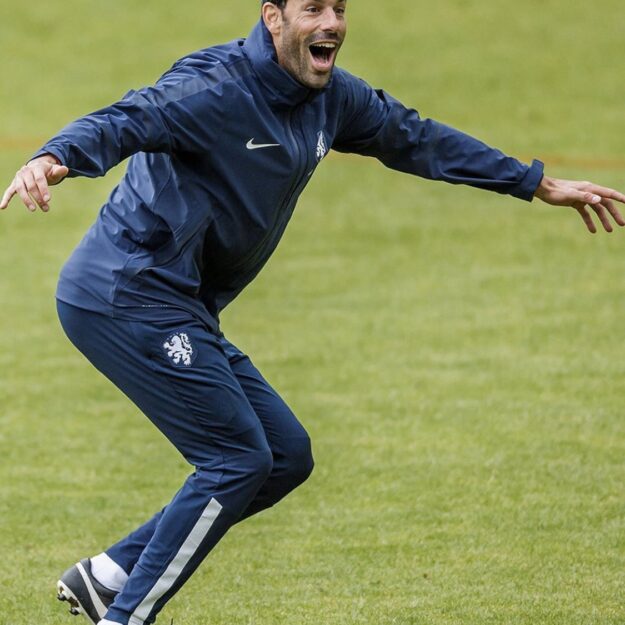





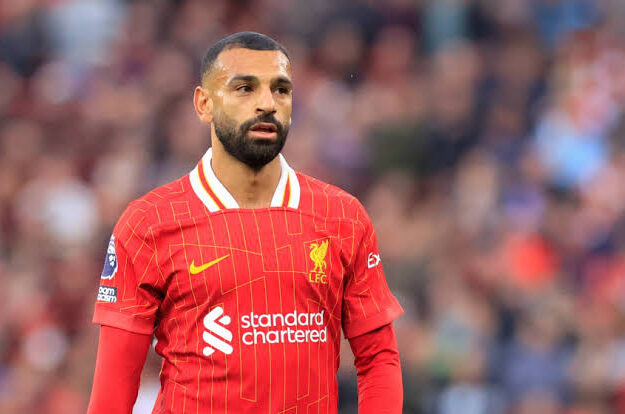

![American Pastor, David Wilson Seen Eating The Box Of Woman Who Isn’t His Wife [Video]](https://onlinenigeria.com/wp-content/uploads/2019/10/american-pastor-david-wilson-seen-eating-the-box-of-woman-who-isnt-his-wife-video-150x150.jpg)









